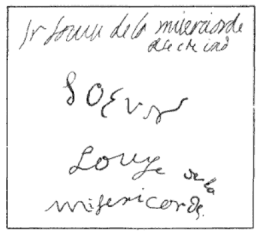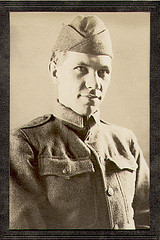When New York gangster Dutch Schultz was shot in 1935, police had a stenographer take down his delirious last words. Find a confession here if you can:
- “Police, police, Henry and Frankie. Oh, oh, dog biscuits and when he is happy he doesn’t get snappy.”
- “I am a pretty good pretzler. Winifred. Department of Justice. I even get it from the department.”
- “Please, I had nothing with him. He was a cowboy in one of the seven-days-a-week fight.”
- “There are only 10 of us. There 10 million fighting somewhere of you, so get your onions up and we will throw up the truce flag.”
- “The sidewalk was in trouble and the bears were in trouble and I broke it up.”
- “No payrolls, no walls, no coupons. That would be entirely out.”
- “Oh, sir, get the doll a roofing.”
- “A boy has never wept nor dashed a thousand kim. Did you hear me?”
- “Please put me up on my feet at once. You are a hard-boiled man. Did you hear me?”
- “Please crack down on the Chinaman’s friends and Hitler’s commander. I am sure and I am going up and I am going to give you honey if I can.”
- “I am half crazy. They won’t let me get up. They dyed my shoes. Open those shoes. Give me something. I am so sick.”
His final words were “I will settle the indictment. Come on, open the soap duckets. The chimney sweeps. Talk to the sword. Shut up, you got a big mouth! Please help me up, Henry. Max, come over here. French-Canadian bean soup. I want to pay. Let them leave me alone.”






